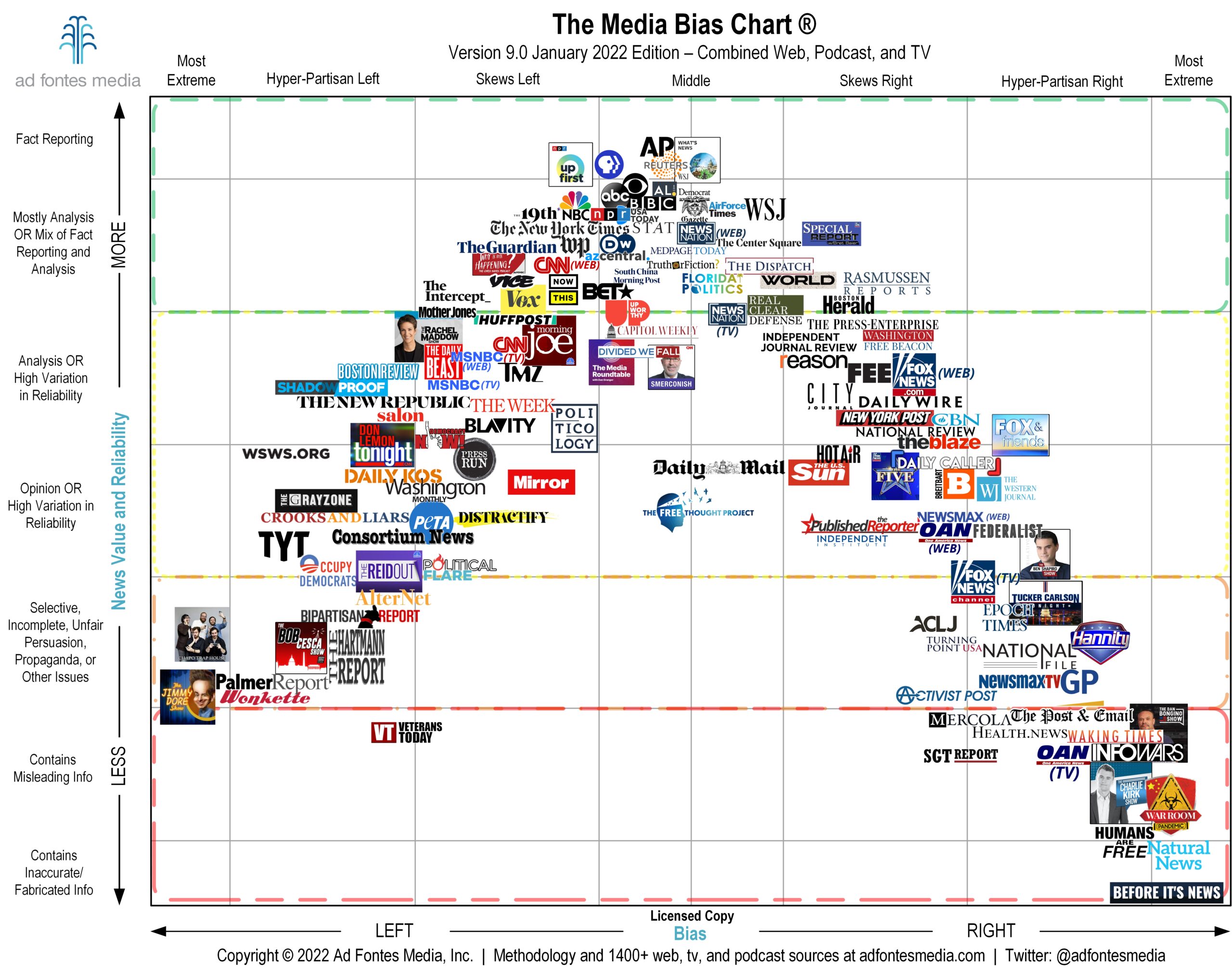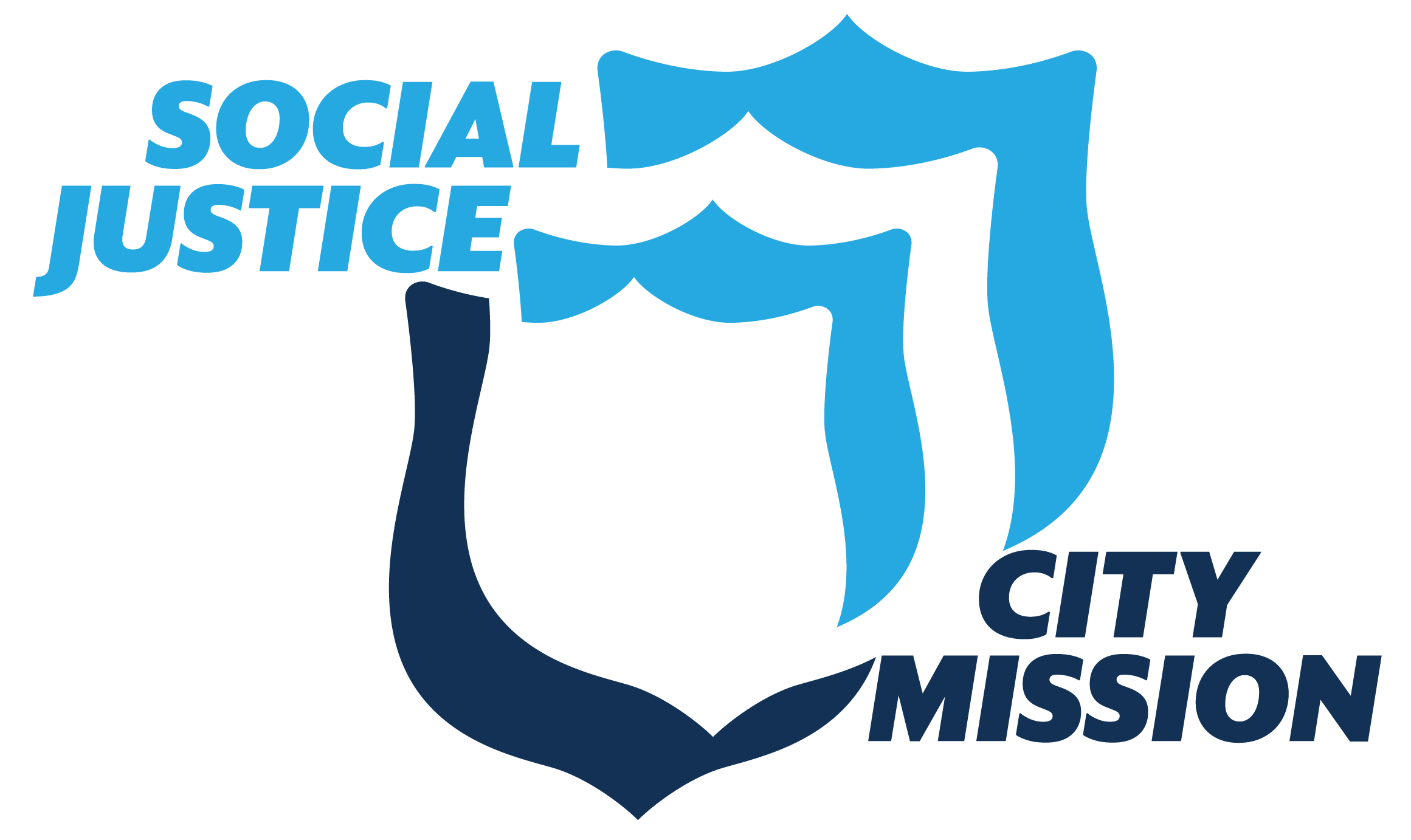
For the past 9 years, the AdFontes Media group has published a chart rating news sources on reliability and bias, which also offers an interactive version that includes smaller sources not represented on the chart displayed below.
Recognizing that it is important to access multiple sources to ensure we are reviewing the most accurate information, AllSides has also provided similar ratings on media sources as well as the ability to look up specific stories of interest.
It is natural to want to ignore these ratings, particularly regarding our chosen news source(s), as we are all doing our best to consume the most accurate information possible. It’s important to note that this chart was compiled by a team of politically diverse people, ranging all across the political spectrum. The people at AdFontes work together to counter their own biases, a process outlined on their website.
This chart is especially important to us in The Salvation Army for several reasons.
First, all humans have biases; this is not in question. It is not a shameful thing to have biases, but it is important to acknowledge them and take them into account as we continue on our spiritual journeys. There are a multitude of tests offered by Harvard – for free – to explore what implicit biases may be more present for you. If you find that you don’t agree with your implicit biases (many of us don’t!) – it may be helpful to explore how we ALL have developed our biases. They are subconscious categories created by our brains through the taking in and storing of information from the world around us, including the media we are paying attention to (especially social media, which can reinforce the patterns we’ve subconsciously stored and lead to an echo chamber effect). After recognizing areas for improvement, we can take steps to work against them as we strive to be more true to our mission to serve all people without discrimination.
Second, it is important for us to relate to the world in an authentic way if we are to build the bridges necessary for productive conversations. We can’t reference stories that are untrue or are heavily slanted in any direction as our sole representation of reality if we want to engage in dialogue and relationship with people from different walks of life. We need to either use reliable, unbiased sources in order to relate authentically to the world at large (especially including those we might feel we have nothing in common with aside from being God’s children) or account for all perspectives when the truth remains uncertain / subjective, reading news from multiple perspectives rather than just one. I can’t think of a more important step in our mission of Salvation than relating authentically to the people we are meant to serve and building bridges with those of differing (or lacking) faiths.
Third, it is helpful for us to see where our favorite news sites fall on this spectrum, in an effort to further explore our own implicit biases (remember, none of us is perfect save Jesus, but we can do better once we know better). Think about news you have seen on your favorite news site that left you riled up. Consider checking on the sources / facts of those articles by searching for a more balanced source on the same story. You might find that your feelings on a subject are a little different after reading an article that is not phrased in an incendiary way, if it asks questions or points out different perspectives about the subject, or if you watch a video instead of reading a transcript (syntax is incredibly important when we are missing the unspoken components of our language, like tone, emphasis and volume).
We live in incredibly polarized times, and I consider it part of The Salvation Army’s mission, working toward the Kingdom of God, to keep the conversation going between the poles of our society so that we might recognize the good of all people, enough to come together in those areas we do agree on and progress gently together towards a better world for us all before we meet our Maker.

